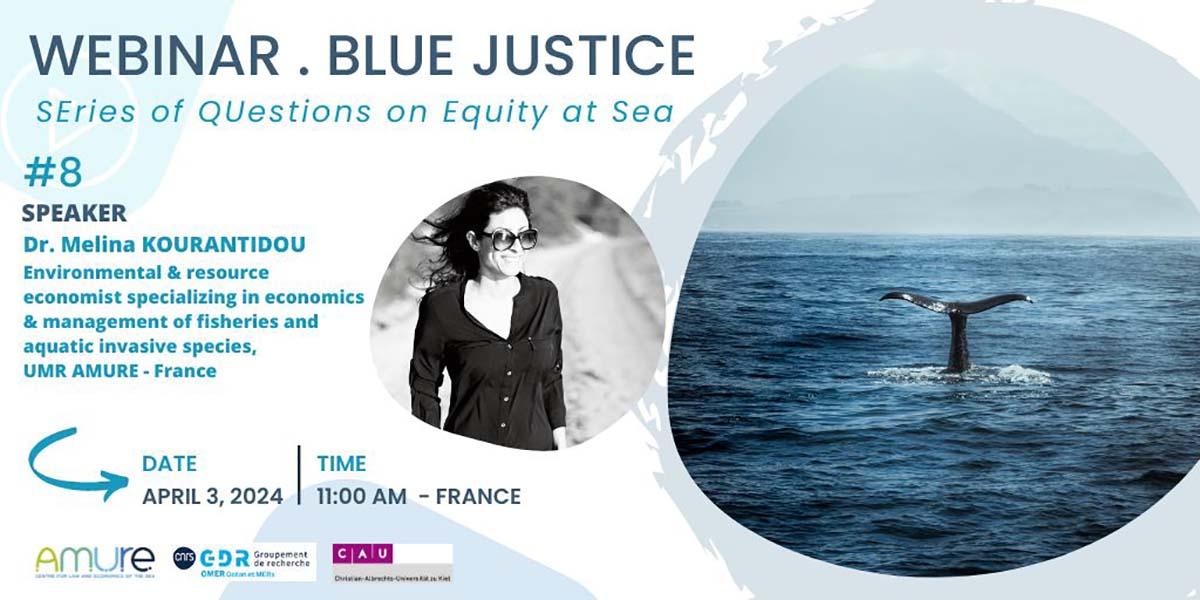
With Dr. Melina Kourantido, Environmental and resource economist specializing in economics and management of fisheries and aquatic invasive species.
As the impacts of climate change intensify, northern communities, particularly those in the Arctic reliant on marine ecosystems, including Indigenous peoples, confront escalating challenges. The redistribution of fish stocks and the establishment of new species into non-native regions, triggers allocation and property rights’ conflicts over fishing rights that may not adhere to equity principles. These conflicts often arise from differing views on what constitutes equity and the lack of established metrics to measure it, fueling tensions across stakeholders, nations and dependent communities. Complicating matters further, climate change-induced species migration and the establishment of valuable marine invasive species, like the Snow Crab (Chionoecetes opilio) in the Barents Sea, spark additional disputes concerning property rights, legal uncertainties, and consequent economic and ecological detriments. This work underscores the need for enhanced clarity and thoughtful consideration of spatial, temporal and historical contexts. This encompasses timing and interpretation of legal agreements, adjacency to resources and the nuanced delineation of property rights—ranging from international waters for pelagic species to continental shelves for sedentary resources and the legacy of past injustices—in tackling emerging equity challenges. Central to this research is the argument that effective fisheries management in northern regions must transcend biological considerations to integrate ecological, social, and equity-related factors. The exclusive management of international common pool resources by a single entity or nation rather than a collective approach, marks a critical point of inequity, depriving other stakeholders of management and conservation decision rights. This work thus asserts that effective fisheries management in northern ecosystems cannot solely rely on biological assessments but must incorporate a nuanced understanding of social and equity dimensions to ensure compliance as well as sustainable and inclusive outcomes of all involved parties.